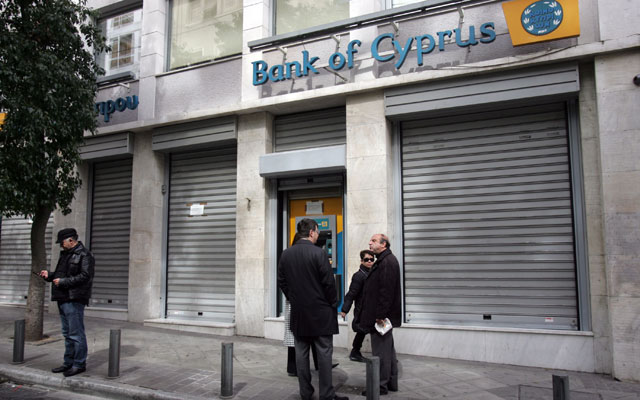Cyprus: Big Government on a Little Island
Anthony B. Kim /
The Cyprus bailout fiasco continues, elevating the four-year-old eurozone debt crisis to a new level of volatility and uncertainty.
At the core of the debacle lies the tiny island’s outsized banking sector, which is over eight times the size of the economy. But the third-smallest European Union (EU) member has another notably bulky and troubling sector: the public sector, which has ballooned to over 45 percent of gross domestic product and keeps growing.
Undermining the country’s prospect for long-term economic dynamism, Cyprus’s government spending has increased noticeably since it joined the EU in 2004. The adverse impact of swelling government spending on economic dynamism has been well documented by volumes of empirical studies. For example, a recent research by the European Central Bank—one of the troika of international lenders in the eurozone debt crisis—analyzed over 100 countries’ data and noted that government spending is unambiguously harmful to economic performance:
There is a significant negative effect of the size of government on growth.… Government consumption is consistently detrimental to output growth irrespective of the country sample considered (OECD, emerging and developing countries).
Big government undercuts economic growth because it grinds down economic freedom. According to The Heritage Foundation’s 2013 Index of Economic Freedom, Cyprus recorded its lowest economic freedom score since 2004 and became just a third-tier economy.
No doubt the insolvent and outsized banking sector is at the root of the Cyprus banking crisis. However, it is the growth of government, the loss of economic freedom, and the stagnant economy they have caused that make it so difficult to craft a durable solution.

